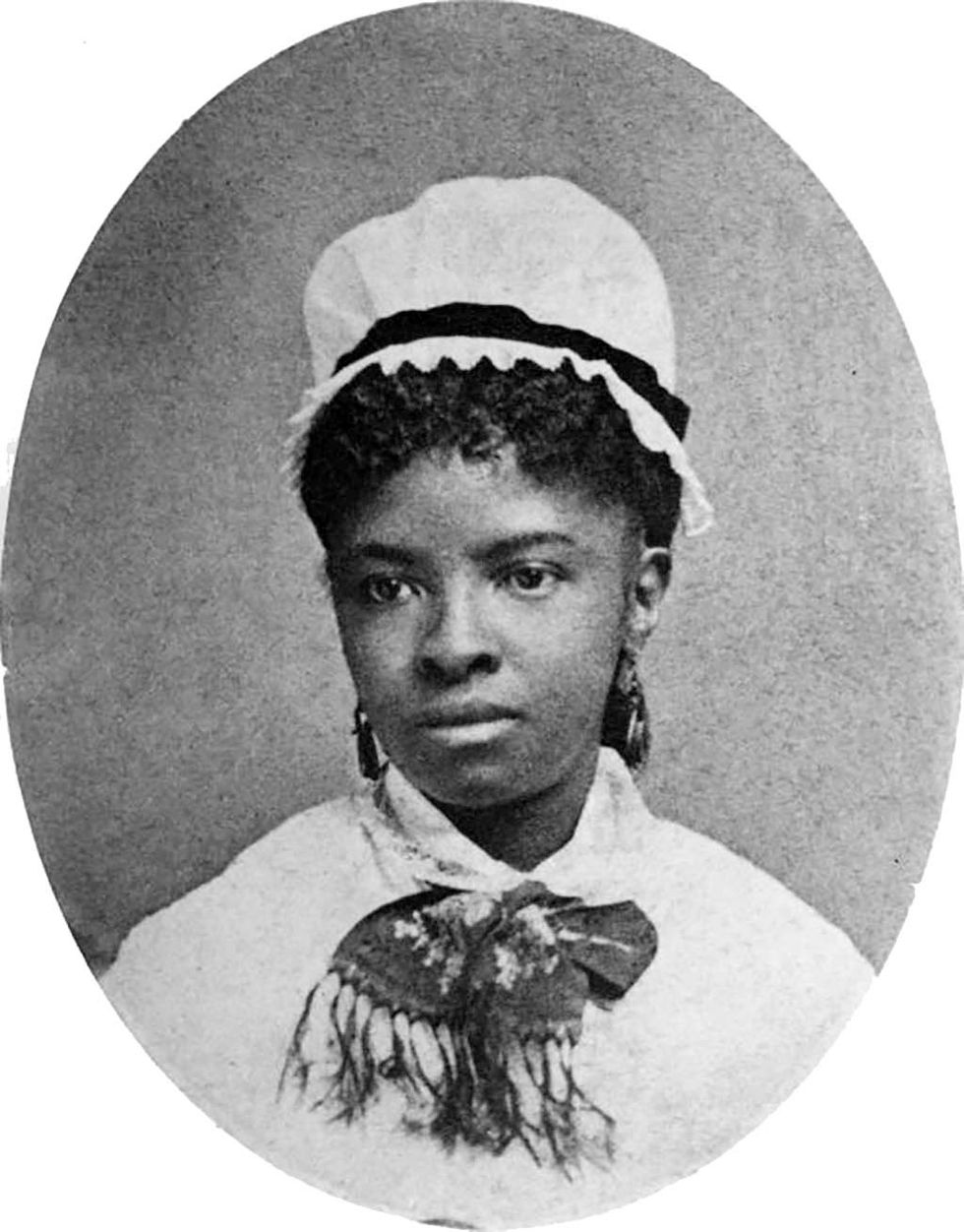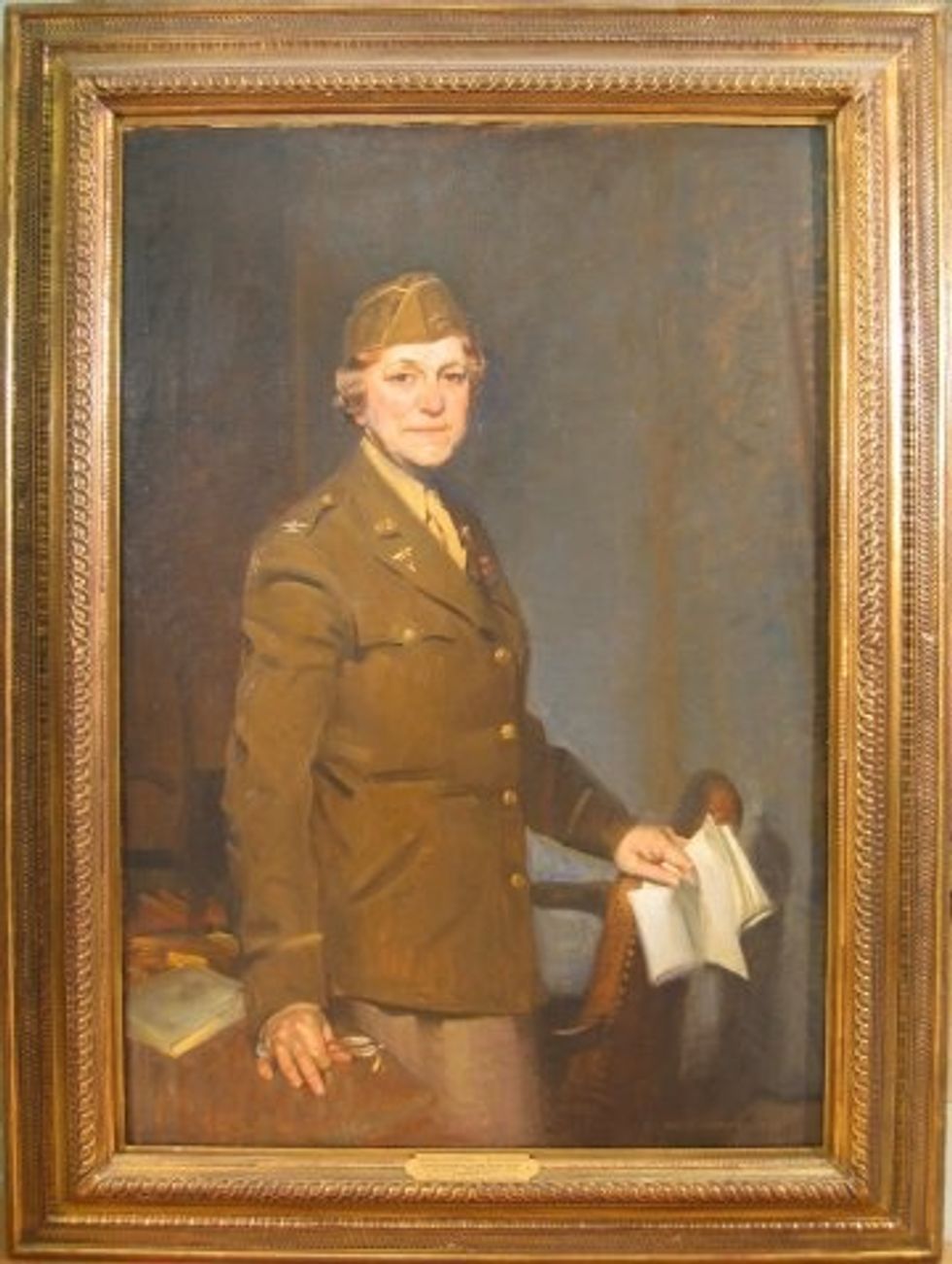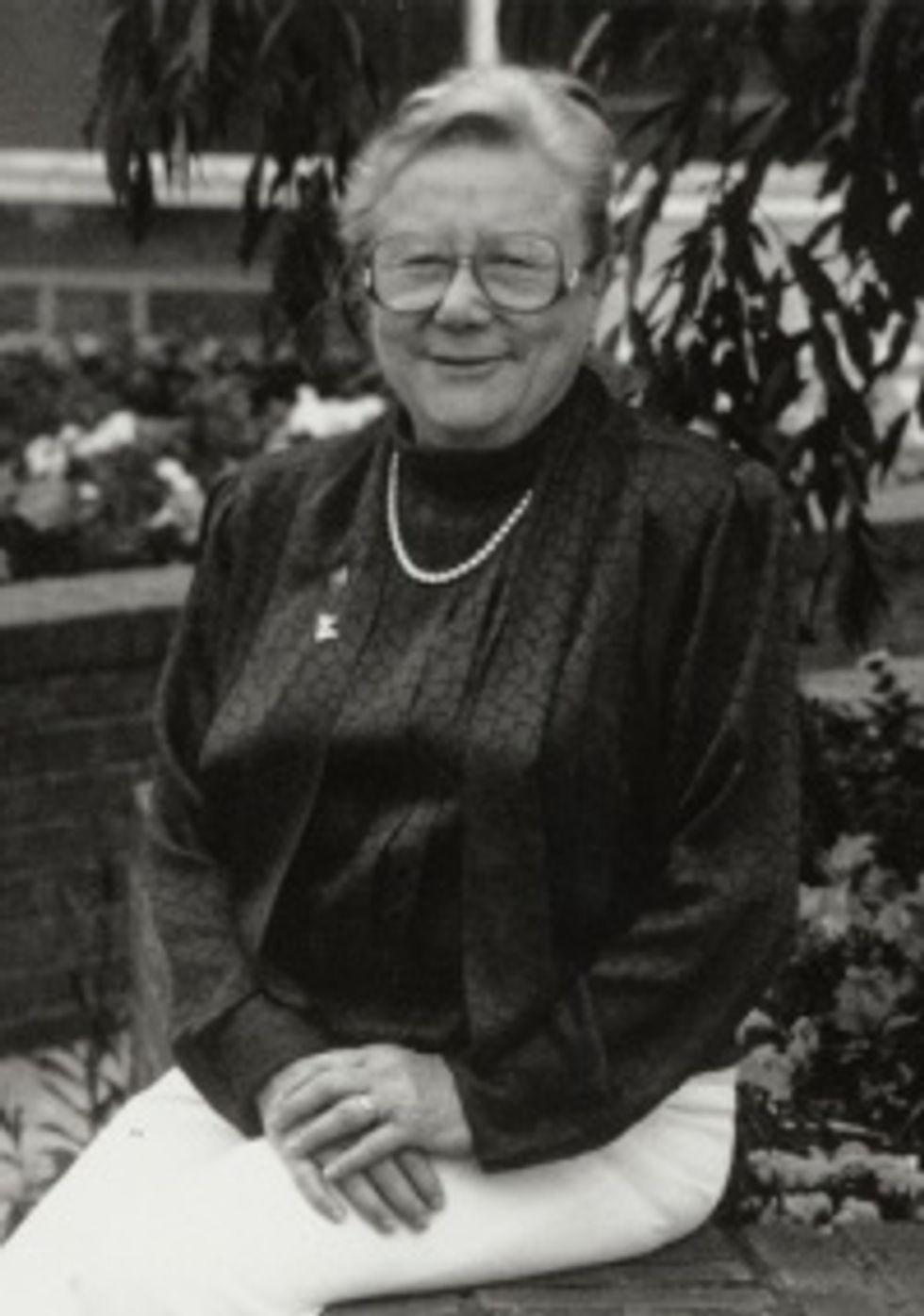Known as the "heart of healthcare", nurses are essential to the caring of patients because they take on various valuable roles, including looking beyond an individual's symptoms to establish the root of their problem. Nurses deserve as much recognition as doctors because they are on the frontlines of administering and evaluating treatments while also establishing trust with the individuals they provide aid to. While doctors likely make daily rounds to check up on a patient, a nurse will provide hourly care and empathize as well as advocate on behalf of patients and their loved ones.
- Mary Erza Mahoney (1845-1926)

Mary Ezra Mahoney was born a freed slave in Boston, Massachusetts and grew up learning the importance of racial equality. She found work at the New England Hospital for Women and Children and filled roles as a janitor, cook, and washer for fifteen years. Besides being exceptional for its all-women physician staff, the hospital was also home to one of the first nursing schools in the country. She was granted the opportunity to become a nurse's aide, which paved the way towards her professional nursing career.
Mahoney went into the practice of private nursing and eventually became the director of the Howard Orphanage Asylum for black children in Kings Park, Long Island. Even after retiring with forty years of nursing experience under her belt, Mahoney was still determined to continue being an advocate for equal opportunity and women's rights. After the 19th Amendment was ratified, she was among the first women who registered to vote in Boston.
2. Florence Aby Blanchfield (1884-1971)

Florence Blanchfield was not just any ordinary nurse; her career was characterized by her ability to take her outstanding expertise and leadership with her everywhere she went. Growing up in a large family in Shepherdstown, West Virginia in 1882, Blanchfield strived to emulate her mother who was a nurse at the time. After graduating in 1906 from Southside Hospital Training School, she became instrumental in pivoting moments in American healthcare, such as the founding of the Johns Hopkins Hospital.
Throughout her assignments, Blanchfield would continue to hold increasingly crucial positions in healthcare. In Panama, she was the operating room nurse and anesthetist at Ancon Hospital. As the United States prepared to enter World War I, Blanchfield enlisted in the Army Nurse Corps (ANC) and was stationed in France as the acting chief nurse. As her ranks in the military increased, she became increasingly critical of the disparity in pay that the two genders faced as well as certain unfair policies such as discharging military nurses who decide to marry.
Needless to say, Blanchfield was an inspiration to many because she worked tirelessly for the equal rights for women in the military during a time where it was very uncommon to do so. Dedicating all of her energy in the fight for full commissioned status and pay for military nurses in 1947, Blanchfield became a lieutenant colonel and the first woman to receive a commission in the regular army, exemplifying her ability as an influential leader.
3. Florence Wald (1917-2008)

Known as "the mother of the American hospice movement", Florence Wald initially started her nursing career in the New York Visiting Nurse Service but gradually worked her way up to becoming the assistant professor of psychiatric nursing at Yale University in 1959. Through continued research, Wald recognized that the terminally ill have unique needs and would develop a hospice model that has provided holistic and humanistic care for the dying.
One of Wald's final achievements was bringing this model to the Connecticut Correctional Facilities, and since its implementation, over 150 inmates have volunteered to be trained hospice volunteers. Today, hospice programs are ubiquitous and every nurse is trained to advocate for their patient's dignity, freedom, and ability to make autonomous decisions.
Learning about the way these nurses persevered past their existing challenges, advocated for patients, and fought to eliminate gender and racial biases gives me a sense of comfort in my future as a nurse because I know that I will be among like-minded individuals with similar intentions and aspirations. Even if my name doesn't end up in history books, I hope that I will continue to advocate for the betterment of conditions in my field, keep my community healthy, and to establish trust with the patients I aid.



















